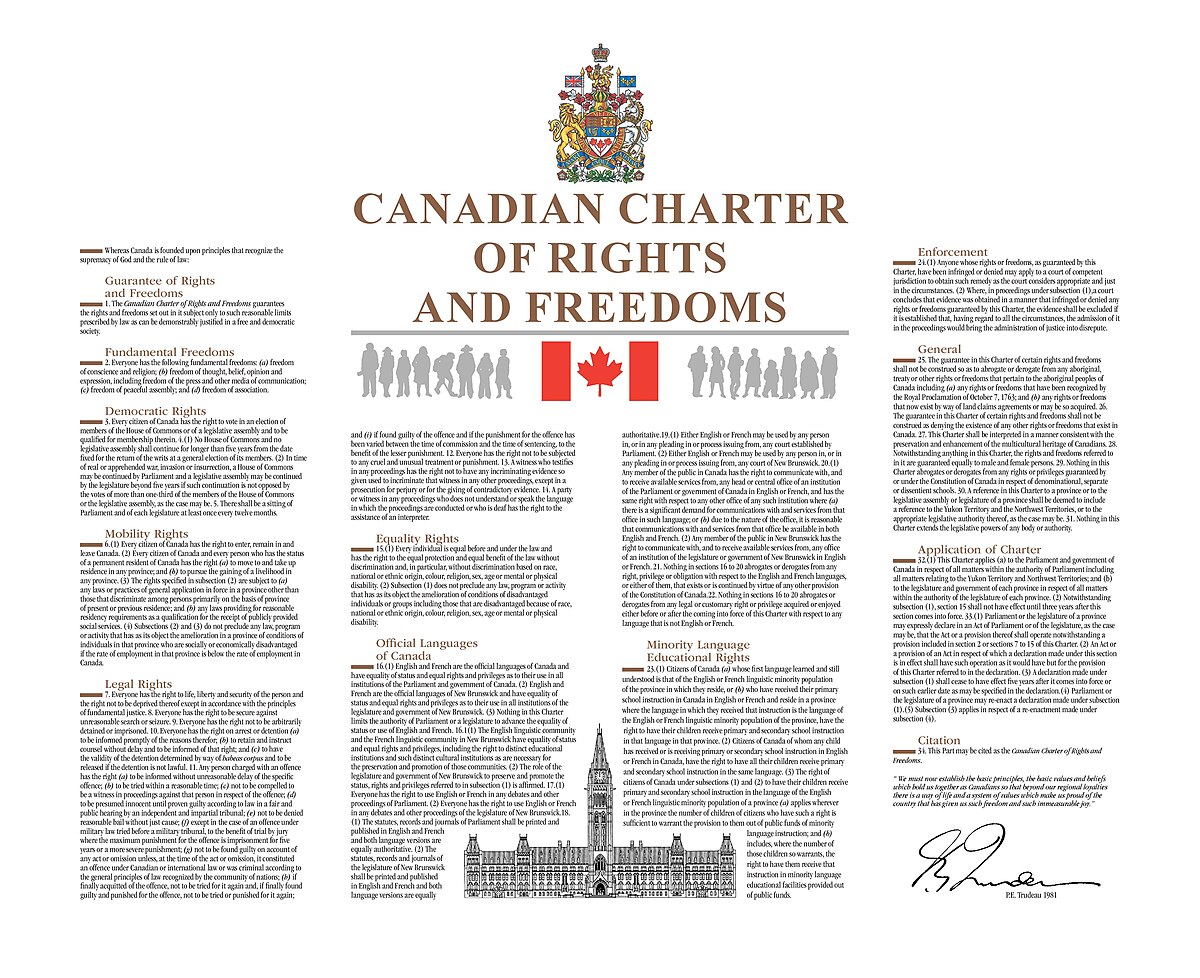Everybody talks about 'em. So what is a "right?"
I would suggest the following. . . a "right" is an area of life or interaction where the choice of the holder of the right cannot be denied nor even questioned.
Which don't mean ya can't say the person's wrong, and use your rights to thwart him. Just that it's improper and a violation of rights to say, and try to enforce, the concept of "you can't say/do that or "you can't make that choice."
I would suggest the following. . . a "right" is an area of life or interaction where the choice of the holder of the right cannot be denied nor even questioned.
Which don't mean ya can't say the person's wrong, and use your rights to thwart him. Just that it's improper and a violation of rights to say, and try to enforce, the concept of "you can't say/do that or "you can't make that choice."
